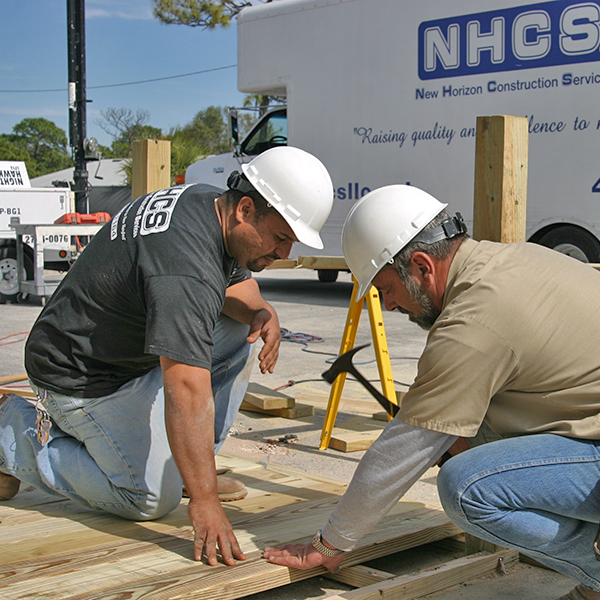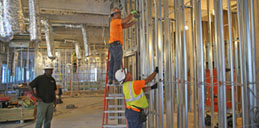Keeping Construction Companies in Compliance
The construction industry is heavily regulated, and for good reason. Industry regulations are put in place to prevent injuries and fatalities on job sites and ensure they are safe for everyone. When construction companies don’t comply with government regulations, they could end up subject to fines and other penalties. Here are the compliance requirements that construction companies need to be aware of and how to stick to them.
 OSHA Standards
OSHA Standards
Many construction compliance regulations are defined and enforced by the Occupational Safety and Health Administration, or OSHA. OSHA has extensive and well-defined standards for construction sites that every construction contractor should familiarize themselves with.
OSHA standards focus mainly on safety within the workplace and at construction sites. For example, construction employers are required to provide their teams with helmets, goggles, and other protective equipment on site. They are also required to provide guardrails, harnesses, and other fall protection measures when working at certain heights.
Wage and Employment Regulations
As with any employer in the United States, construction companies need to adhere to a fair wage and employment regulations. For example, construction companies and their subcontractors need to adhere to the Equal Employment Opportunity Commission to ensure that background checks are used fairly during the hiring process. The EEOC also has laws preventing a variety of other discriminatory hiring practices.
Additionally, construction sites will need to adhere to regulations from the US Department of Labor and their state labor departments regarding pay and scheduling. These regulations ensure that employees get paid a minimum wage and that paychecks happen in a timely manner. Construction sites also need to adhere to scheduling restrictions, which limit the amount of time that employees can legally work without receiving overtime.
Lien Regulations
Lien regulations ensure that contractors can take legal action if they aren’t paid for the work they do. If a contractor isn’t paid within a certain amount of time, they can file a lien to receive the funds. Lien laws vary from state to state. They are very important to understand if you work with subcontractors, as you’ll want to avoid unexpected liens.
 State Insurance Regulations
State Insurance Regulations
All construction professionals should have appropriate insurance coverage. Insurance regulations vary from state to state. Failing to adhere to insurance regulations can come with strict penalties, so it’s important to familiarize yourself with them before starting any construction project.
Building Codes
Building codes are standards that specify how structures need to be built to ensure they are safe. Building codes typically address things like fire hazards, plumbing, electrical wiring, and internal structural support. Each city and state have its own building codes, and they are updated frequently, so make sure to familiarize yourself with them to avoid issues later on.
Failing to comply with these important regulations can cause serious problems for construction companies. Not being compliant can result in expensive fines and damage your reputation. In the most serious cases, a lack of compliance can even result in dangerous working conditions. At New Horizons Construction Services, we take careful precautions to ensure that all of our projects and subcontractors are fully compliant.
To learn more about our services, contact us at 407-574-2164.





